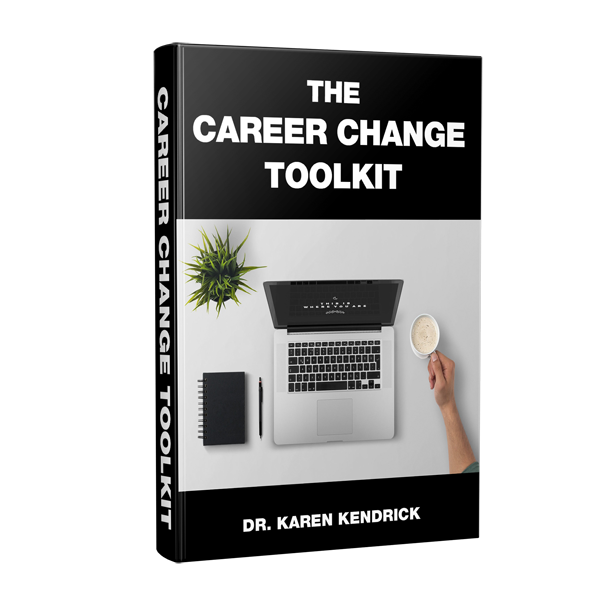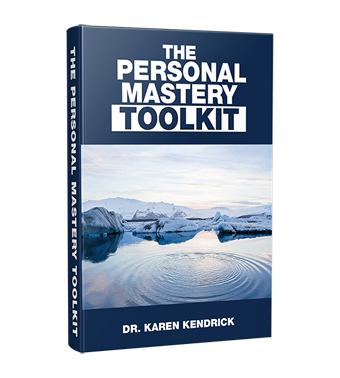6 MYTHS ABOUT FINDING YOUR PURPOSE
Finding your purpose can be one of life’s greatest joys.
When you figure out how to use your talents in ways that feel interesting and useful, it can be exhilarating. But what if you don’t think you know what your purpose is?
Maybe you’re looking around at images of glamorous celebrities, dedicated doctors, or successful entrepreneurs who seem to have it all figured out and are wondering, “What am I doing wrong”?
Well, before you spend time being hard on yourself for not living up to expectations, let’s look closer at the real truth behind the idea of purpose.
Here are 6 myths about finding your purpose:
1) It has to be “one” thing that you were “born” to do
Most of us have more than one skill and a variety of interests. Since having a sense of purpose is really about applying your talent in ways that are meaningful to you, you can certainly use the same talent in many different settings, with different types of people, depending on what feels best to you for a period of time. Don’t get hung up on the concept that there is only one way to use your gifts.
2) It should feel amazing when doing it
It is true that for at least some of the time, expressing your purpose should feel good. Otherwise, what is the point? But remember that just because you’ve found a good fit between your skills and your passions, there may be days when your “purpose” feels hard. You may have stressful days or boring hours.
Not all aspects of the “work” that you do is always fun.
Think of your average dentist who deals with patients afraid of needles, or a movie actor waiting until midnight for the crew to fix a lighting problem.

Get a FREE copy of The Career Change Toolkit.
Jumpstart your journey to finding work you love.
3) My purpose’s tasks should come easy to me…without too much effort
Whatever your purpose is, it typically involves some learning. No one is born knowing everything necessary to do their “work”. While you may have a natural aptitude for something, that usually is just a starting point rather than a destination.
Most successful people who are good at what they do weren’t always that way.
They had to practice, get experience doing it, and maybe even get formal training and education. Don’t assume that if you have a passion for something but only a little skill, that it can’t be your real “purpose”.
4) I’ll just “know” my purpose when I find it
While it is true that your emotions and intuition can play a big part in helping you find a purpose that “feels right”, it can also take some time and experimentation before you zone in on something that fits you best.
Not everyone has a “bolt of lightning from the sky” experience in finding their purpose. A majority of us don’t.
And it may not feel like a real “calling” to serve others. Sometimes, you may find a sense of purpose just by taking a job doing something you weren’t that excited about, but later find you are good at and begin to enjoy. Give yourself permission to try different things out and trust that you’ll discover something of interest.
WANT TO FAST-TRACK YOUR PATH TO FINDING WORK YOU LOVE?
Take the BRILLIANT PURPOSE™ digital course.
5) It’s not really a “purpose” if it’s not helping somebody
With well-publicized heroes and humanitarians all around us in the news and social media, you may feel a lot of pressure to have a purpose that benefits others. While doing work that makes a difference to people can be rewarding, keep in mind that not every purpose may directly or immediately impact others.
While some may argue that all jobs whether paid or unpaid ultimately help someone (such as an artist who creates art for himself but others derive joy from it), the truth is less clear than that.
Think of people who do wild animal rehabilitation, scientists who study far away planets, or retirees who spend their days gardening in the backyard. All three examples can still feel a sense of purpose doing what they do, even though they may not have an immediate human beneficiary in the short term.
6) I can’t change my purpose later on
The reality is that most of us change and evolve over time. We get more life and work experience, we meet new people, we learn lessons, etc. As a result, it’s not uncommon for your sense of purpose to evolve as well. You may even shift your purpose to a completely different type of paid or unpaid work. Think of a stay-at-home mother who decides to return to the workplace later in life, or a military vet transitioning back into civilian life.
As you go through various life stages or experiences, you may feel very differently about what your “purpose” is or what you want it to be.
Don’t limit yourself by believing you are destined to have only one purpose in your lifetime. The truth is, you may use your skills in a variety of ways, in many different settings. It’s up to you to decide what really represents a sense of purpose for you at any given time.
DIVE DEEPER: Get greater insights and clarity about your purpose here using some proven tools.

Get a FREE copy of The Career Change Toolkit!
Jumpstart your journey to finding work you love.
IF YOU LIKED THIS CONTENT, CHECK OUT:
NEW TO KAREN?



